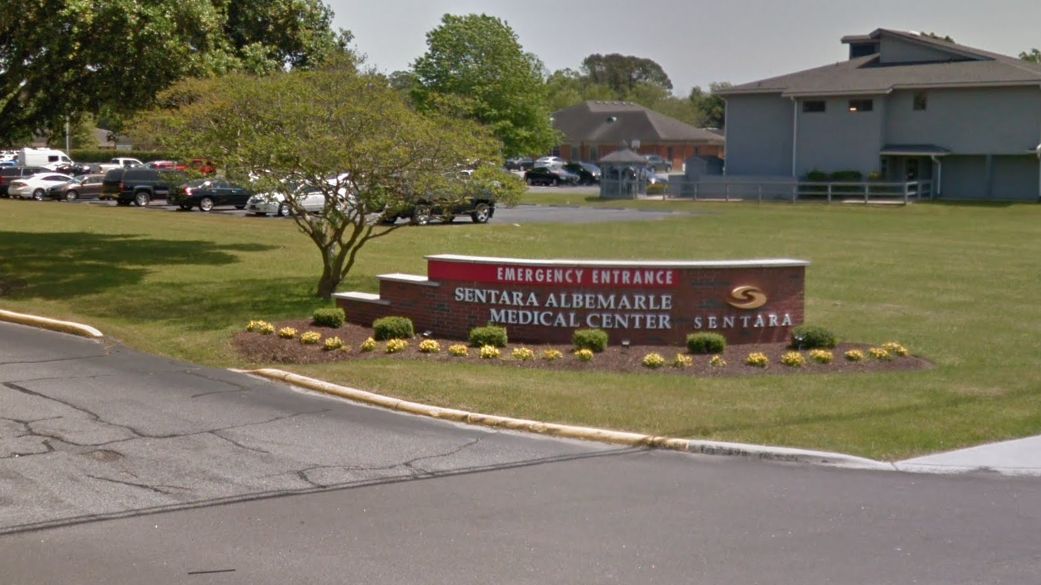RALEIGH, N.C. — Many college students across the state are heading back to class next week.
UNC-Chapel Hill, N.C. State, UNC Charlotte and N.C. A&T are a few of the schools preparing to start.
The excitement of move-in day and going to college for the first time can dwindle when you consider how much it can cost.
Raleigh financial adviser Alex Sutherland from Lifeplan Group says college is becoming more costly for parents and students.
"Right now, the average in-state tuition in North Carolina is just over $7,000 a year, but that doesn't include things like books, room and board, and just general living expenses," Sutherland said, "So it's always good to have a financial plan."
He says there are three kinds of accounts families can use to help prepare to pay for college, starting with a 529 plan.
"There's a particular type of investment account called a 529 that's designed to help people save for college expenses, and any growth inside that account is tax free if you use it for things like tuition," Sutherland said. "And one of the new provisions on that account is that any unused amounts up to certain limits can be rolled over into a Roth account to help that student for retirement savings as well."
Anyone can contribute to a 529 plan.
Sutherland says if you don’t use up all the money on your student’s education, the Secure Act 2.0 made it possible for leftover funds to be rolled into a Roth IRA, which is another way to save.
Sutherland also recommends using a custodial account to help your children save.
“A custodial account is a type of savings account set up and managed by an adult for a minor,” Sutherland said.
He notes that student loan repayments will start again in October after a pandemic-related pause and urges borrowers to be proactive and factor that into their monthly budgets. A financial professional can help avoid unpleasant surprises, he says.
"Make sure you align those college financial goals with all of your other goals, too," Sutherland said. "Sometimes the mistake I see is we jeopardize those other financial goals and that can get us off track in how we're saving for retirement, wanting to buy a home or other financial goals we might have."










